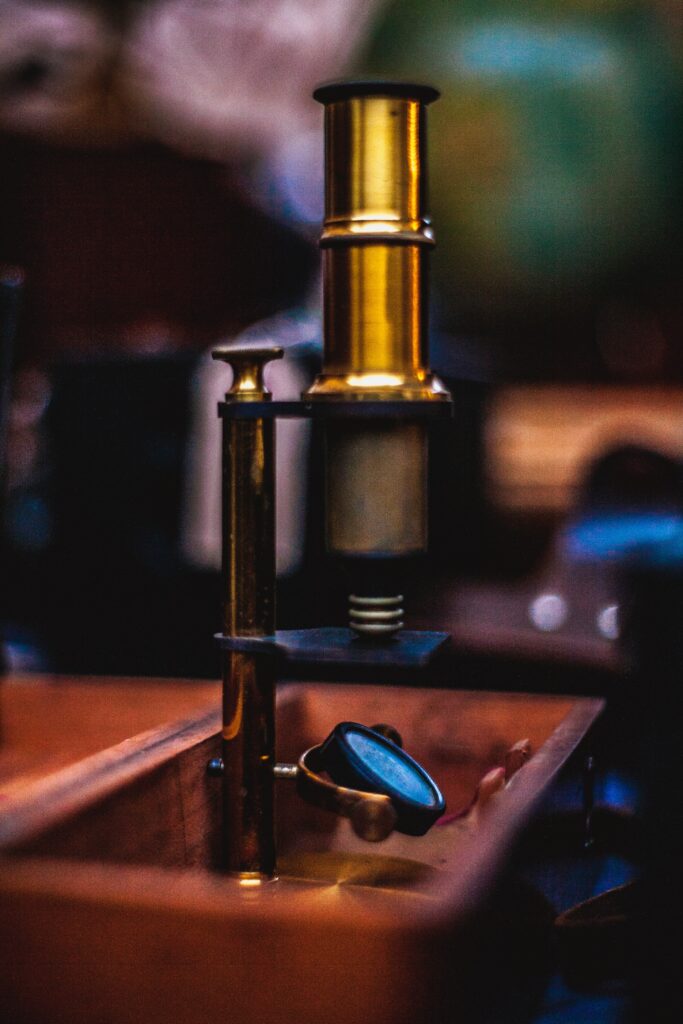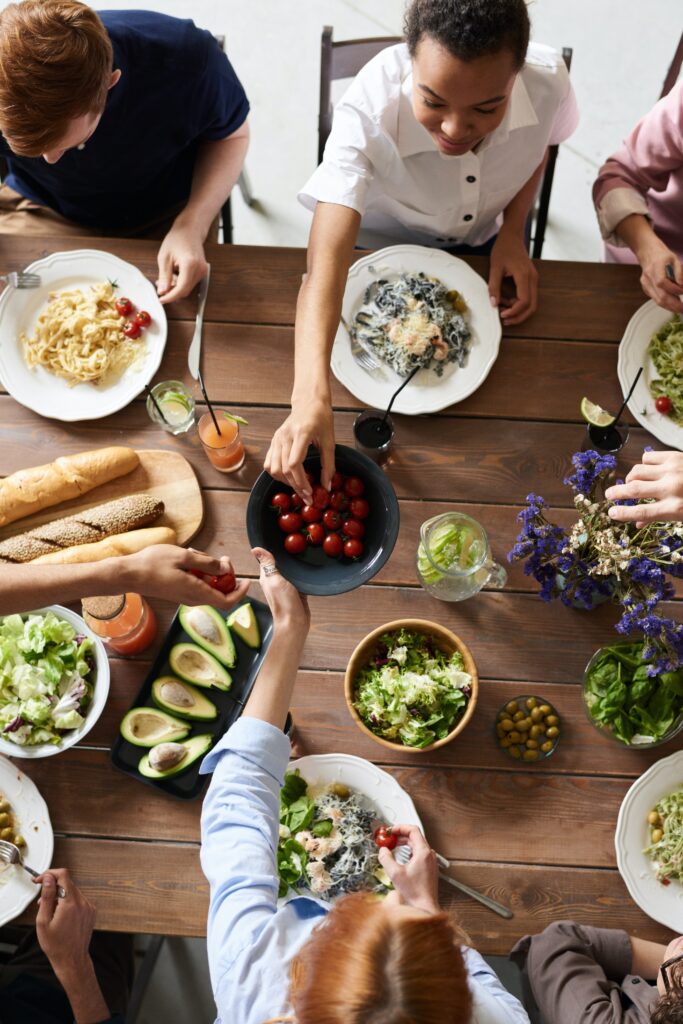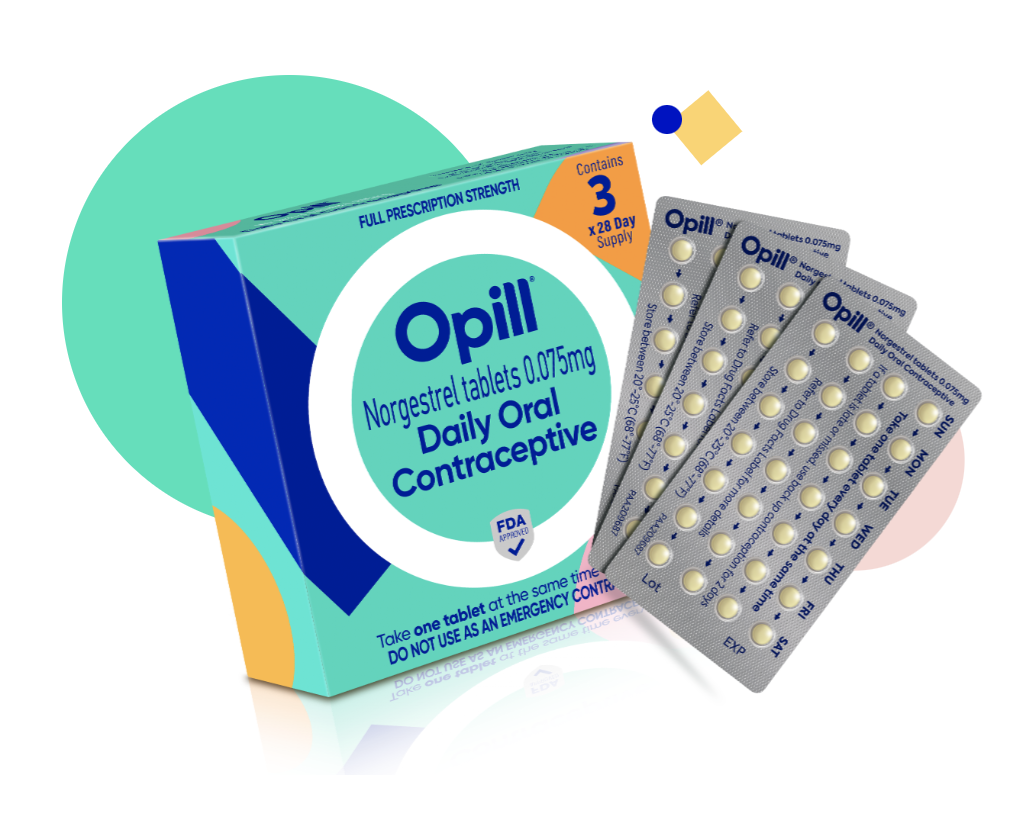How Lifestyle Impacts Male Fertility

How important is healthy sperm when it comes to conception?
While a majority of sperm can be abnormal, having at least one healthy sperm is half of the equation when it comes to successful conception.

How much of infertility is attributed to male factor?
While about 20% of infertility is caused solely by male factor, the influence of male factor can be seen in another 30-40% of couples. In other words, over half of all infertility cases are due to male factor or a combination that includes it.
I believe that too often, men’s involvement in fertility goes unseen or unacknowledged because so many aspects of reproductive health, from contraception to childbirth, rely heavily upon women. In our society, virility has been given vastly high importance, and is linked to the notion of “manliness”. This can make it difficult for men to seek out fertility diagnoses due to the stigma that surrounds them.

How do we assess sperm health?
A semen analysis is the typical first step in the evaluation of male fertility. And looking at a semen analysis we look at the total volume of sperm, the sperm concentration, sperm movement as well as sperm shape. Occasionally we also look at DNA patterns in sperm samples, called DNA fragmentation, as a measure of sperm quality.

What causes male factor infertility?
There are many causes of male infertility including problems with hormonal signaling to the testes, structural issues including dilated testicular veins and blocked passageways, external causes due to medications or chemotherapy, genetic conditions, and many others. Indeed for many couples, your reproductive endocrinologist may partner with a specially trained male reproductive urologist for further input and evaluation.

What simple lifestyle changes make a difference for male fertility?
- We all know that smoking tobacco is not good for overall health. Not surprisingly evidence indicates that smoking has an impact on sperm concentration, motility, and morphology. If you needed another reason to quit smoking this is a good one.
- While men may appear virile when supplementing exercise or energy levels with testosterone, sadly the reality is quite different. Anabolic steroid use has a significant suppressive impact on spermatogenesis and impedes fertility. Fortunately, sperm parameters often improve substantially with the cessation of anabolic steroid use.
- Prolonged alcohol consumption, especially in high amounts, can disrupt the process of hormonal signaling and lead to an elevated level of estrogen in men. Furthermore, there is substantial evidence that points towards mild consequences on semen volume and sperm morphology as a result of alcohol consumption.

So, does lifestyle really make a difference for male fertility?
There is reasonable evidence that lifestyle factors influence male factor fertility, especially exogenous testosterone use, alcohol and tobacco consumption, obesity, elevated testicular temperatures due to hot tubs or saunas, as well as stress. The silver lining is that, unlike women, men produce reproductive cells (sperm) continuously and any lifestyle changes they make can be noticed in as little as 3 months.

MY NAME IS NATALIE STENTZ. I AM A BOARD-CERTIFIED OB-GYN AND FERTILITY SPECIALIST. I BELIEVE THAT WOMEN’S HEALTH MATTERS AND THAT OPTIMAL HEALTH STARTS AT HOME WITH SMALL CHANGES APPLIED OVER A LIFETIME.







Read the Comments +